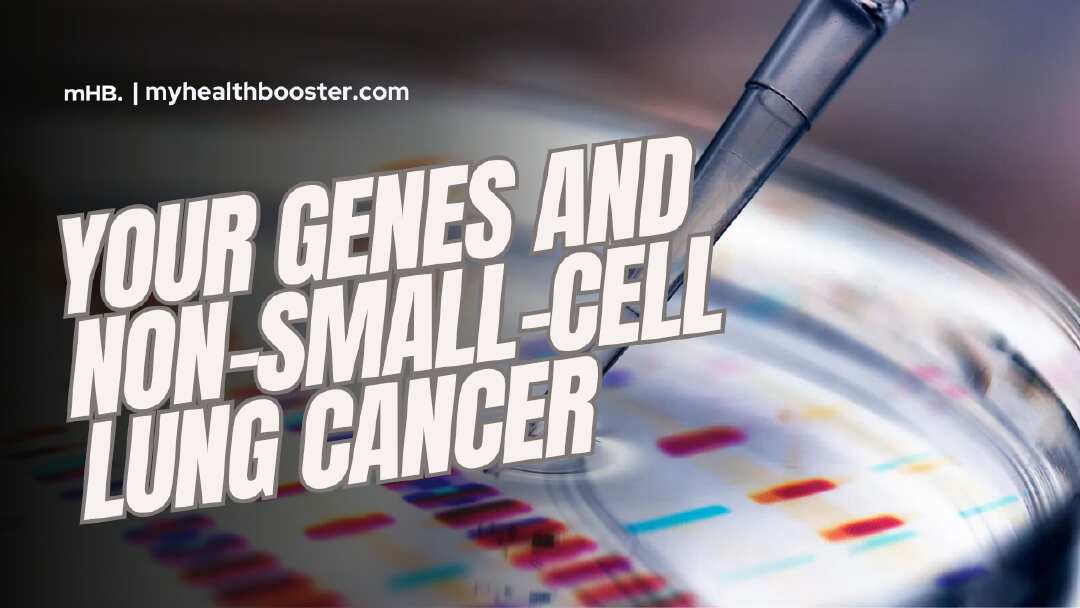Non-small-cell lung cancer, primarily associated with smoking, can also be influenced by genetic factors, playing a crucial role in determining susceptibility to the disease. When there’s an abnormality in cell growth within the lungs, giving rise to cancer cells, it often stems from a gene mutation or alteration.
Typically, cells follow a pattern of division, growth, and programmed death. However, specific gene changes can disrupt this cycle, prompting cells to continue dividing and growing unchecked, paving the way for cancer.
In some cases, a mutated gene that should regulate slow cell division or ensure cell death fails to perform these functions, resulting in the development of cancer. The reasons for gene mutations can vary, including changes occurring during one’s lifetime due to various factors, inheritance of altered genes from parents, or even spontaneous alterations without an apparent cause.
Understanding the mechanisms by which genes, the minute components of your DNA, mutate can shed light on non-small-cell lung cancer development.
Gene Changes Induced by Lifestyle
The majority of gene mutations linked to lung cancer are attributed to environmental exposures. While tobacco is a primary contributor to genetic changes in lung cells, it’s not the sole factor. Regular exposure to asbestos, radon, air pollution, certain metals, or chemicals like diesel exhaust can also induce gene mutations. Even secondhand smoke, encountered in enclosed spaces with smokers, poses a risk of gene mutation, irrespective of personal smoking habits.
Inherited Gene Changes
While less frequent than mutations caused by lifestyle factors, some individuals inherit genetic mutations that heighten the risk of lung cancer. Although lung cancer does run in certain families, inherited gene changes are not pervasive. Inherited mutations might amplify the likelihood of developing the disease, independent of smoking habits. Some individuals may struggle to eliminate cancer-causing chemicals from tobacco, while others may experience mutations disrupting the DNA repair system, resulting in further genetic alterations and an increased risk of cancer.
Navigating Lung Cancer Diagnosis
For individuals diagnosed with non-small-cell lung cancer, understanding their genetic makeup becomes crucial. Certain treatments specifically target genetic changes, offering more effective tools against the disease. Conversely, some treatments may be less effective against particular genetic mutations. Therefore, genetic testing becomes a valuable tool for doctors to tailor treatment plans.
While not universally offered, genetic tests for non-small-cell lung cancer, such as tumor marker tests, can provide essential insights. Patients diagnosed with the disease may consider discussing these tests with their healthcare providers to explore personalized treatment options.
